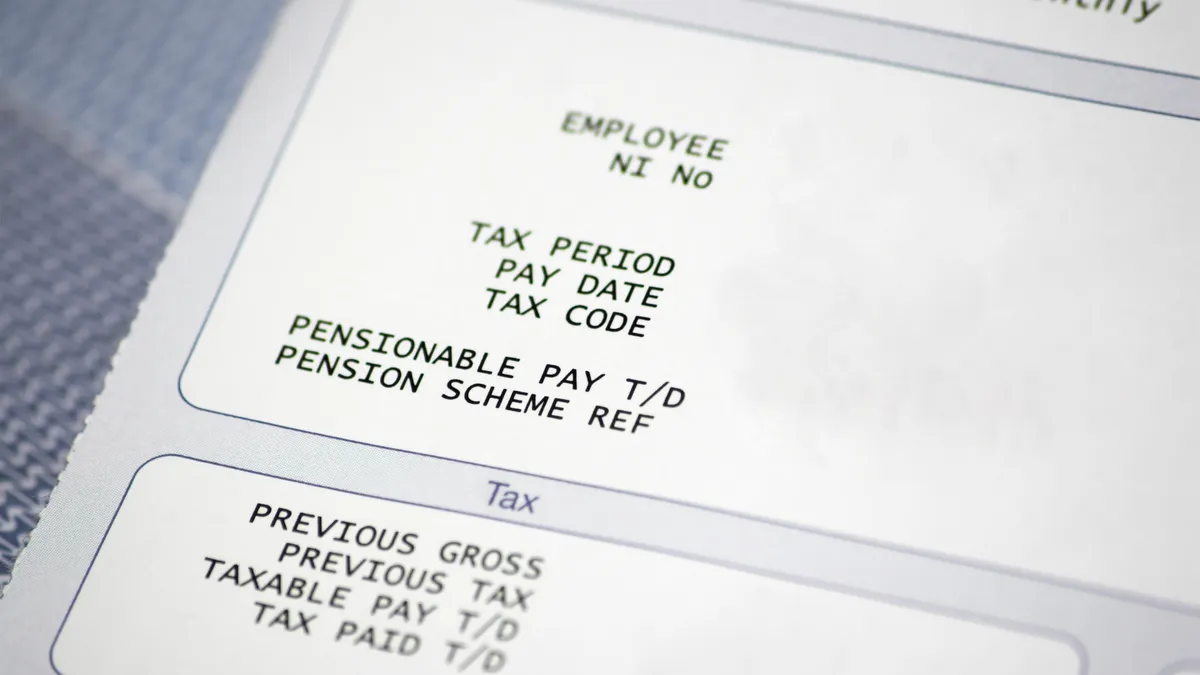More employers are expanding their wellness programs with the goal of improving their employees’ financial wellness and security.
Modeled after physical wellness programs that invite employees to lose weight or undergo health screenings, financial wellness programs include finance classes, counseling sessions, student loan financing options and even videogames designed to help staffers pay down debt, stick to a budget or invest for their retirement.
Employers say the programs are also boosting productivity, citing research findings that suggest workers under financial strain can be distracted and absent from work.
For example, SHRM’s Financial Wellness in the Workplace Survey, sponsored by McGraw-Hill Federal Credit Union, reports that seven out of 10 HR professionals indicated that personal financial challenges have a large or some impact on their employees’ performance, with about one-half reporting that employee stress (50%) and the ability to focus on work (47%) are the aspects of employee performance most negatively affected by personal financial challenges.
And according to PwC US’s annual 2015 Employee Financial Wellness Survey, which tracks the financial and retirement attitudes of more than 1,700 full-time employees, working Americans continue to worry about their financial well-being.
For one-in-five respondents, issues with personal finances have become a distraction at work. Less than half think they will be able to retire when they desire and employees’ top financial concerns are having enough emergency savings and being able to retire when they want.
“From the perspective of managing debt and improving cash flow, we see signs of improvement, yet nearly half of full-time employees report experiencing stress over their personal finances,” says Kent Allison, partner and national practice leader of PwC’s Employee Financial Education and Wellness practice. “This can severely impact employee productivity and damage a company’s bottom line.”
Allison adds that employers must act fast and offer financial wellness programs that focus holistically on employee financial well-being to drive behavioral change. He explains that financial wellness programs must offer tools and action plans; they should not merely be repackaged financial education offerings, which have been around for decades.
“Financial wellness is about changing behavior, rather than just educating employees,” he says.
Education is just the first step
"Employers historically have done a pretty good job of helping employees with retirement planning, but it turns out that’s only half of the picture,” says Brian Cosgray, cofounder and CEO of DoubleNet Pay, a financial wellness app that fully integrates with employer payroll providers to automatically pay employees’ bills and fund savings plans.
He believes many employees need help managing their finances today—paying bills, saving for necessities, such as emergencies and loss of income, and having a clear view of discretionary funds. It’s difficult for employees to grasp the importance of saving for retirement when they’re having difficulty managing their current financial needs.
“We’re heartened to see employers turning their focus to their employees’ current cash management issues,” he says.
While educational and rewards programs may be helpful, they don’t ensure lasting behavior change, Cosgray says. Simply educating employees on best financial practices in preparation for retirement is not enough.
“Employees lead busy lives, juggling multiple work and family priorities,” he says. “They need tools that make managing their daily finances and saving easier.”
College Loan Refi tool
Another firm, SoFi, has funded more than $500 million in student loan refinancing to borrowers entirely through corporate and association partnerships. SoFi now has active partnerships with 200+ companies and associations varying in size from 200 to 30,000 employees.
The company enables early-stage professionals to refinance their student loans at more equitable rates, with an expected average savings of $11,783 over the lifetime of their loans. Plus, the SoFi program is free to employers and associations who offer it as a benefit to their workers and members.
“The feedback we’ve received from companies offering this benefit has been extremely positive,” says Dan Macklin, SoFi co-founder and vice president. Macklin adds that SoFi offers true savings that can impact a younger employee’s personal and professional life for the better. Yet, it requires no cost and very minimal effort for the company.
“If you ask employees, they are looking for assistance and you can’t ignore that,” says PwC’s Allison. “They want employers to help them screen out bad from good information.
“Again, the focus needs to be on changing behaviors,” he says. “For younger employees, it’s a new concept. When employers do it well, we are seeing significant successes.”






















